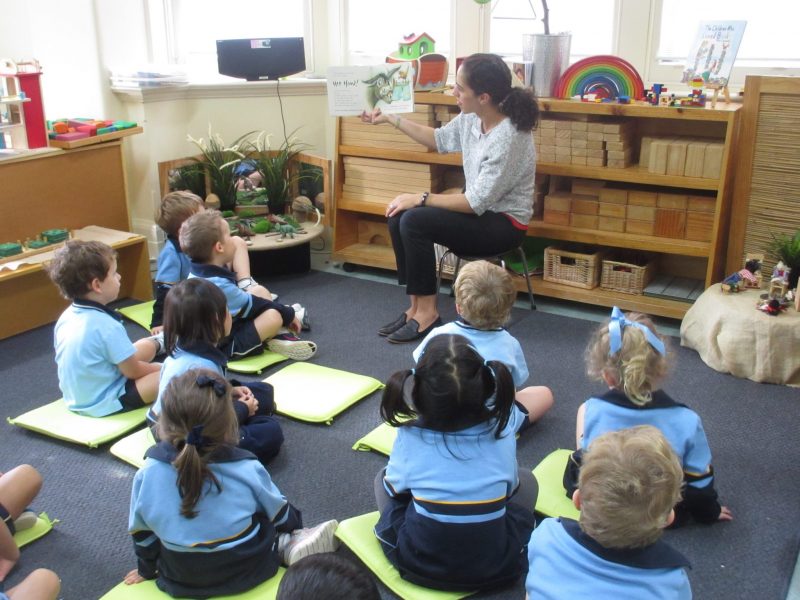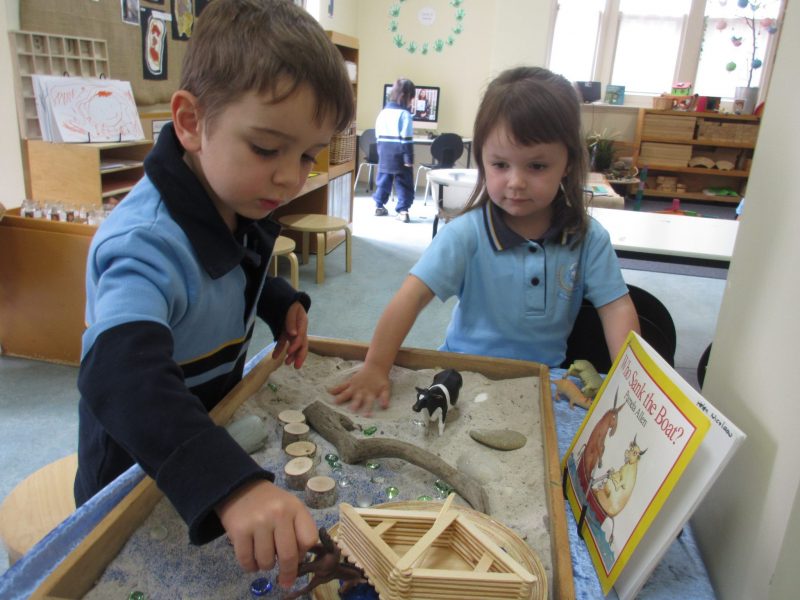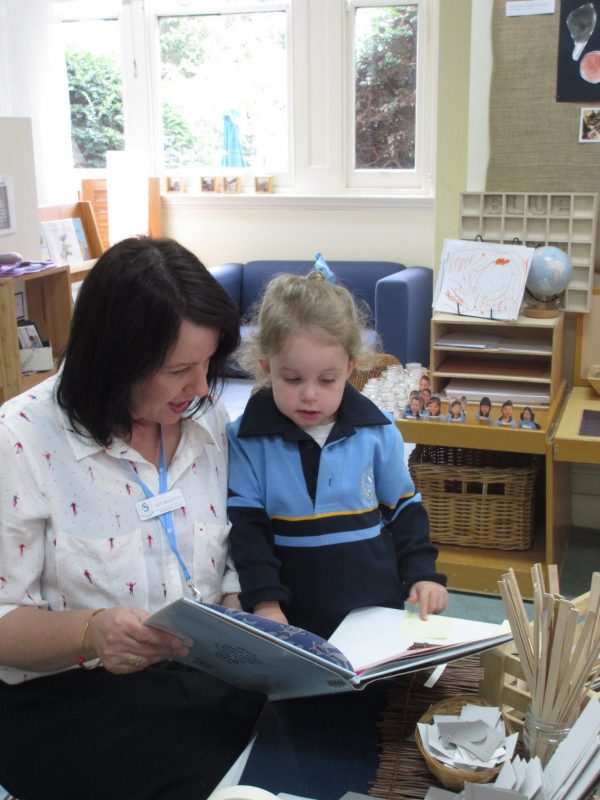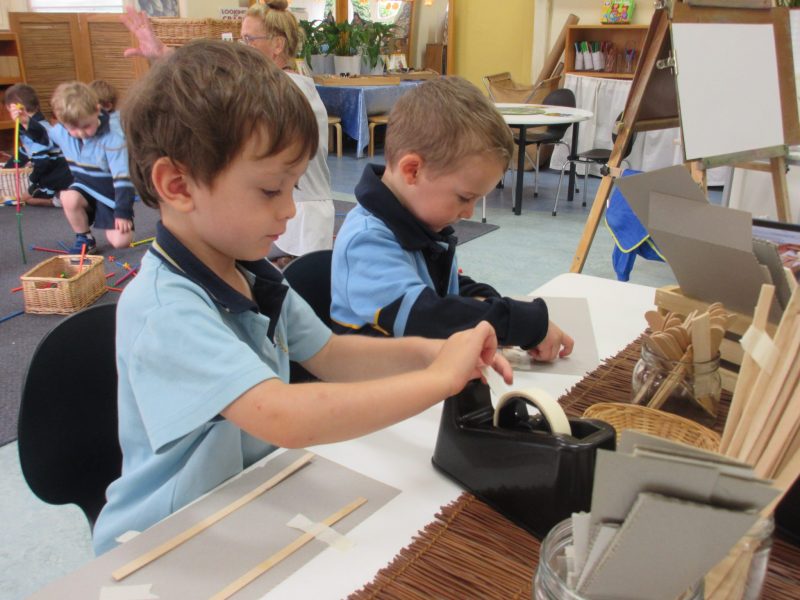Campbell House News
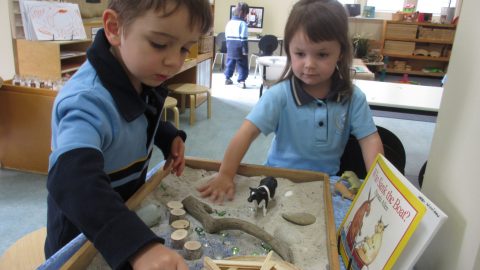
Developing a Sense of Wellbeing in our Youngest Learners
It is important that educators provide opportunities for children to develop a sense of wellbeing from a young age. “Wellbeing includes good physical health, feelings of happiness, satisfaction and successful social functioning.” (Early Years Learning Framework for Australia).
A child’s wellbeing influences the way in which they interact with their environment. A strong sense of wellbeing provides children with confidence and optimism to reach their learning potential.
Early Years Learning Outcome 3:
Children have a strong sense of wellbeing.
3.1 Children become strong in their social and emotional wellbeing
3.2 Children take increasing responsibility for their own health and physical wellbeing
The educators at St Catherine’s Early Learning Centre work towards building warm, trusting relationships with the children and provide a predictable and safe learning environment. These conditions support the child to develop a strong sense of wellbeing.
There is a correlation between wellbeing and resilience. Children with a strong sense of wellbeing have the capacity to cope with day to day challenges. The readiness to persevere when faced with unfamiliar and challenging learning situations creates the opportunity for success and achievement. Children are supported to become more resilient to everyday challenges or disappointments.
The children are encouraged to take increasing responsibility for their self-help skills and basic routines. This promotes a sense of independence and confidence. As the children’s fine motor and gross motor skills develop, this provides them with the foundation for growing independence and the satisfaction of being able to do things for themselves.
Learning about healthy lifestyles including nutrition, personal hygiene, physical fitness, emotions and social relationships is integral to wellbeing. These opportunities for learning are embedded in our Early Learning programs. A child’s physical wellbeing impacts their ability to concentrate, cooperate and learn. Good nutrition is also essential to healthy living and enables children to be active participants in their play and learning. We promote and encourage healthy food choices with the children.
As educators, we acknowledge the importance of building a strong sense of wellbeing in the children from a young age. This supports the child to reach their learning potential and lays the foundation for them to live successful lives.
Ms Sarah Bethune
Acting Head of ELC
Storytelling
Children instinctively love books. Stories provide a wonderful avenue to learn more about life, the world and themselves. Our book corner is often a very popular area of the classroom where the children show enjoyment and comfort in spending time. We endeavour to read stories to the children throughout the program, as well coming together as a whole group to listen to a story. There are many benefits to storytelling, some of these include enhancing verbal proficiency, improving their listening skills, encouraging creativity and imagination, as well as helping increase their memory.
A popular story, Who Sank the Boat written by Pamela Allen sparked the children’s interest when it was read to them one morning. Many of the children were keen to share their own personal experiences about being on a boat, as well as providing their understanding as to why they believe the boat sank in the story. To expand on this interest the children created their own boats using a variety of materials including pop sticks, wood and cardboard. An imaginary play scene including the characters and scenery from the story was also set up for the children to re-enact their interpretation of the story.
Mrs Helen Nicolaou
Blue Gum Room Teacher


